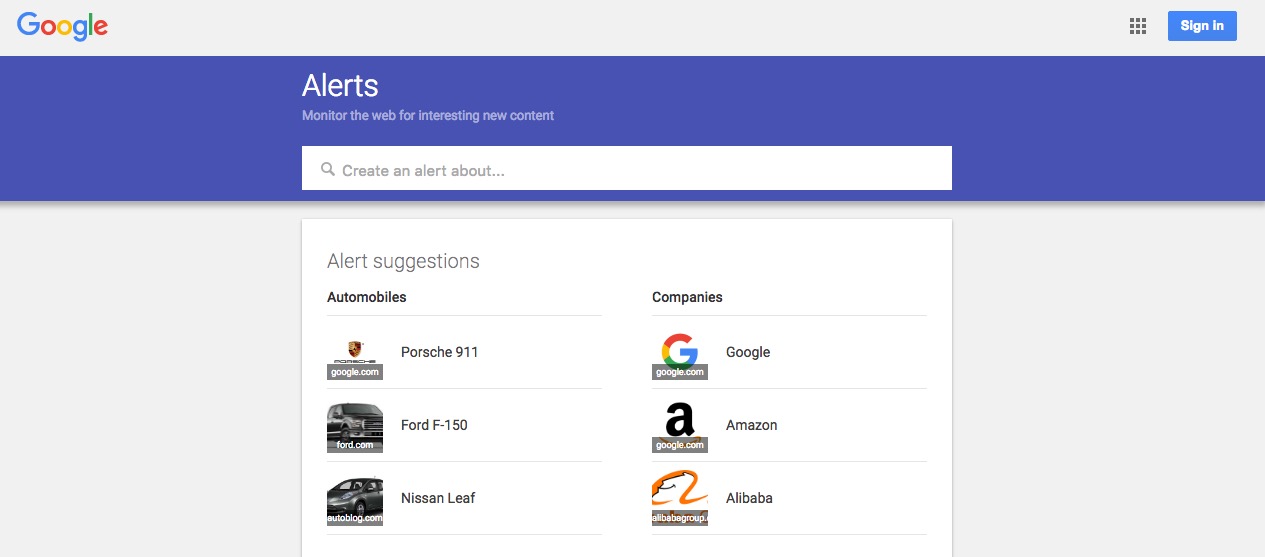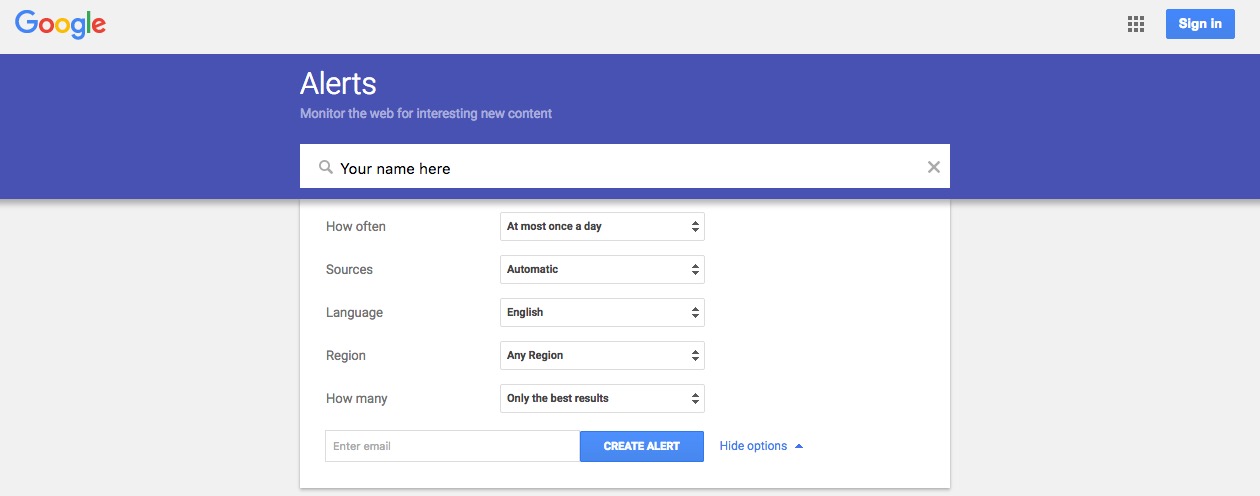As freelance writers working online, our success relies more heavily on reputation than other professions. We rarely, if ever, meet clients in person. When people want to find out about us, they have to depend on what they find on the Internet.
It’s good because we can be found easily. A single article retweeted by the right people can bring in long-term, high-paying clients without extra promotion on our part. On the other hand, it can be disastrous. One irate client who posts negative reviews, tweets, or comments about us, and we may miss out on the best projects.
While I am confident that most freelance writers know this – at least in concept, I am not so sure that we all take proactive steps in ensuring our reputation is intact.
Ask yourself when you last googled yourself with the intention of assessing your reputation for work’s sake (as opposed to vanity).
If you can’t remember or you haven’t done it even once, there’s no time to waste, for if you do find that you have a negative online profile, you’ll need to act immediately. You can hire pros like Reputation Defender to solve your problem quickly and efficiently.
If you have the time and inclination to manage your online reputation on your own, then here are tips to do so.
How to check your online reputation
1. Google your name and the variants you use online.
Think about it. If you want to know about a person, what will you do? Google, right?
So, this is where you start. Check the first two pages of the results, and analyze the contents of the links. If you share a name with a high-profile individual, you may have to go up to page five as you probably won’t show up in the first few pages.
2. Look at Google Images.
Do a search on Google Images using your name as a search term. This will show you any images – including photos and memes – that you have posted online. Additionally, you will find images in which you have been tagged. So, if other people have posted undesirable images of you or tagged you without your knowledge, you can find it via a Google Images search.
3. Use Google Alerts.
Conducting manual searches is easily done periodically. The thing is, new content is posted so quickly, that you may miss out unless you check Google for your name often. Who has time for that?
That’s where Google Alerts comes in handy. Just set it up so you receive notifications for your name (or any other words you indicate). Follow the steps below.
Go to Google Alerts and enter your name in the “Create an alert about…” box.
How to Use Google Alerts to Help you Find Freelance Writing Gigs
Click on the “Show options” arrow to customize your alerts.
Enter your email address, and you’re done.
Pro tip: create alerts for common misspellings of your name, as well as other variants you use online.
4. Monitor social media.
The chances are you already spend time on social media every day. You simply need to add the professional element to your daily social media activity.
Make it a point to check likes, comments, and shares. If you run a page or have a public profile on Facebook, you might have a difficult time keeping up with the comments, but try to go through all of them nonetheless. (While you’re at it, respond to comments.) The same thing goes for Twitter and other social media platforms where you have a presence.
The principle is the same: to know what people are saying about you.
To streamline the process, use tools like Hootsuite, which not only gives you control over your social media accounts cross-platform, but also has the capability to create a Google Alerts-like notification system.
Knowledge is power…
…if you do something about it.
The methods above will give you the information you seek; that is, what people are saying about you and what your online reputation looks like. However, your task doesn’t stop there.
Use that information to build, shape, or repair your reputation; for if you don’t take action, you may very well lose your livelihood.
Do you check your online reputation on a regular basis? What tips can you share?





Leave a Reply